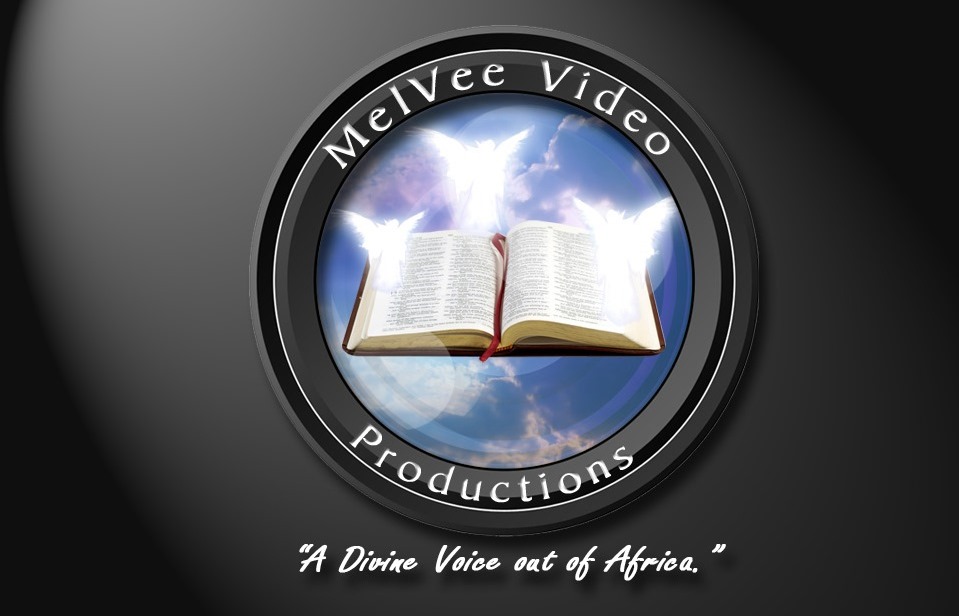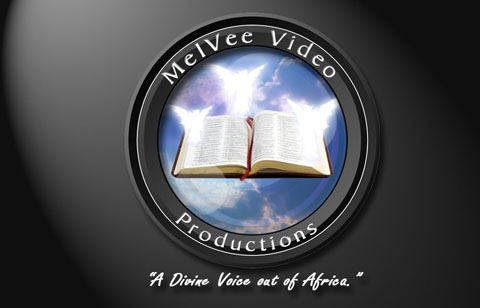This week’s lesson is the first in a series that will take us in a spiritual journey through the formation, birth, growth and life of Prophet Jeremiah. The key text for the lesson is drawn from Jeremiah 1:5, in which God said to Jeremiah, “Before I formed you in the womb I knew you; before you were born I sanctified you; I ordained you a prophet to the nations.” (NKJV).
This week’s MelVee Sabbath School panel consists of Richard William Ntini (Host and Anchor), Gladwell Soko and Blessing Machona. The lesson is set against the background of great geopolitical changes in the ancient Near East. Starting with the prophet’s call, lessons recount the ministry and message of the prophet as he walks us through decades of biblical history as the Lord was using this young (and then old) man to proclaim the basic truths that have been the foundation of the biblical message from the beginning. It reveals how Jeremiah, with passion and faithfulness, preached God’s message to a people who, for the most part, didn’t want to hear it.
The lessons reveal the reality of God’s desire for humans to obey Him and His prophets. The series will also reveal how human tendency is always set to rebel against God and His prophets. Out of all the spiritual truths taught in the book of Jeremiah, these words from Jer. 9:23, 24 catch the essence of so much of what the Lord seeks from His people:
“Thus says the Lord: ‘Let not the wise man boast in his wisdom, let not the mighty man boast in his might, let not the rich man boast in his riches, but let him who boasts boast in this, that he understands and knows me, that I am the Lord who practices steadfast love, justice, and righteousness in the earth. For in these things I delight, declares the Lord.’ ”
The Melvee Sabbath School Panel took a take a spiritual journey through the origins, calling and service of Jeremiah. The discussion study explored principles and contextual issues that underpinned the “Prophetic Call of Jeremiah” to be a prophet and compares old time prophecies and their fulfillment in out post-modern religio-political sphere. The biographical facts in his book help us understand better his work as a prophet. Jeremiah had such an effect on history that, even at the time of Jesus, he was a revered prophetic figure.
Jeremiah’s life experience wasn’t a happy one in many ways. The prophet’s work, judged by human standards, shows only slight success. Despite decades of fervent warning and pleadings, the people for the most part didn’t listen to the messages he gave them from the Lord. His calling brought him suffering, woe, rejection, even imprisonment. Worse still was the fact that so many of these troubles came from the very ones whom he was seeking to help, seeking to point in the right direction. Nevertheless, despite the opposition, Jeremiah could not be bought or sold; he stood as a fortified city, an iron pillar and a bronze wall (Jer. 1:18), not in his own strength but in the Lord’s. Thus, in his own way, Jeremiah prefigured what Jesus Himself would face hundreds of years later in the same land.
“Believe in the Lord your God, and you will be established; believe his prophets, and you will succeed.” 2 Chronicles 20:20,
Study this week’s lesson to prepare for Sabbath, October 10th.
Recorded and produced by:
MelVee Video Productions,
“A Divine Voice Out of Africa”
Website: www.melveeproductions.com
Facebook: www.facebook.com/MelVee.Video.Productions/
YouTube: www.youtube.com/user/MelVeeProductions
Twitter @MelVeeVideoPro
Email: info@melveeproductions.com

